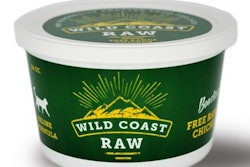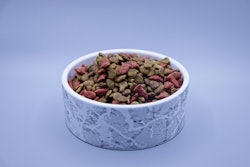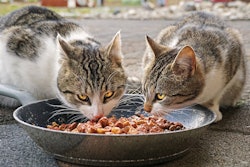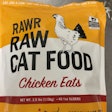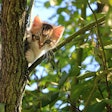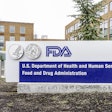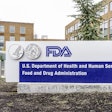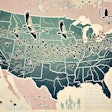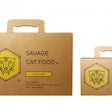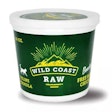
A human adolescent may have contracted bird flu from a pet cat, according to data from the Centers for Disease Control (CDC) that appeared briefly online, reported the New York Times. The opposite also may have occurred. The CDC data referred to a dairy worker who showed symptoms of highly pathogenic avian influenza two days before a cat in their household sickened and later died from the virus.
However, the Times speculated that the data may have been posted by mistake in the CDC’s Morbidity and Mortality Weekly Report. The bird flu data was removed from the CDC’s website soon after being posted.
Most federal communications to the public remain paused. A January 21 order from the Trump administration prohibited the publication of regulations, guidance, announcements, press releases, social media posts, website posts and other communications until a political appointee approved them, reported the Associated Press.
Risks of avian influenza from cat food
More than 80 cases of domestic cats infected with highly pathogenic avian influenza have occurred in the United States since 2022. Most of these cases involved cats that lived outdoors and likely were in contact with infected wildlife or livestock.
However, in late 2024, several instances occurred in which it seems that pet cats contracted the virus from raw pet food or unpasteurized milk. In Los Angeles County, public health officials confirmed seven cases of H5 bird flu in cats and warned that more cases likely were not detected or tested in laboratories. In Oregon, one allegedly indoor cat caught HPAI virus and subsequently died after eating Northwest Naturals raw frozen turkey pet food. The brand recalled one batch of this product after it tested positive for HPAI, although others challenged these results.
FDA urges pet food manufacturers to update safety plans for H5N1 risks
The U.S. Food and Drug Administration (FDA) is requiring pet food manufacturers subject to the FDA Food Safety Modernization Act (FSMA) Preventive Controls for Animal Food (PCAF) rule to reanalyze their food safety plans to address H5N1, a strain of Highly Pathogenic Avian Influenza. The requirement applies to manufacturers using uncooked or unpasteurized ingredients such as meat, milk or eggs derived from poultry or cattle in cat and dog food.
The FDA recommends the following practices to minimize H5N1 risks:
- Source ingredients only from healthy herds or flocks.
- Implement processing steps such as heat treatment, which has been shown to inactivate the virus in meat, milk and eggs.
- Establish supply-chain controls to verify ingredients are free of H5N1 contamination.
The agency has also provided resources and scientific literature to help manufacturers update their plans. Companies that implement preventive controls will contribute to protecting pet health and reducing the spread of H5N1.



